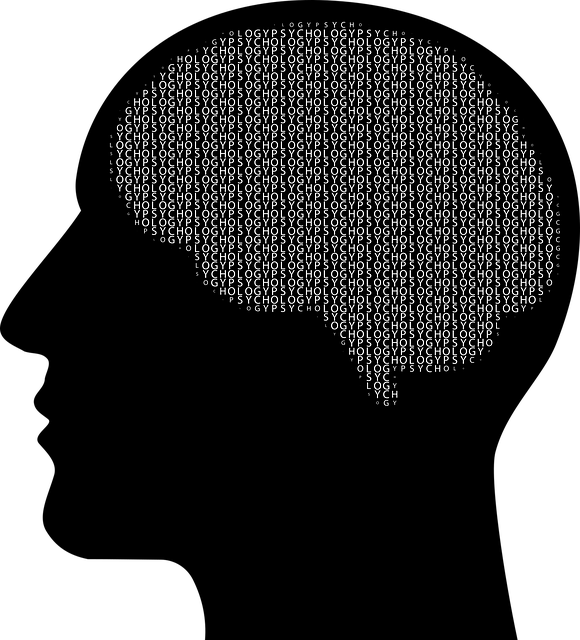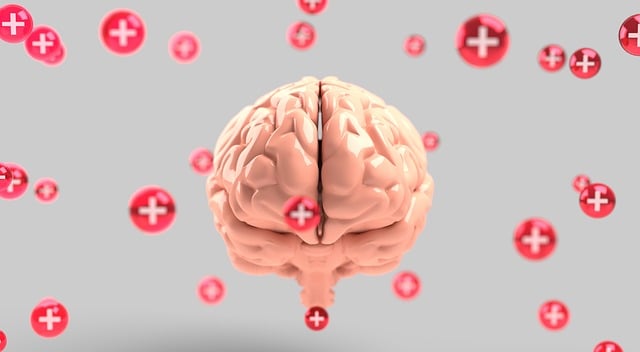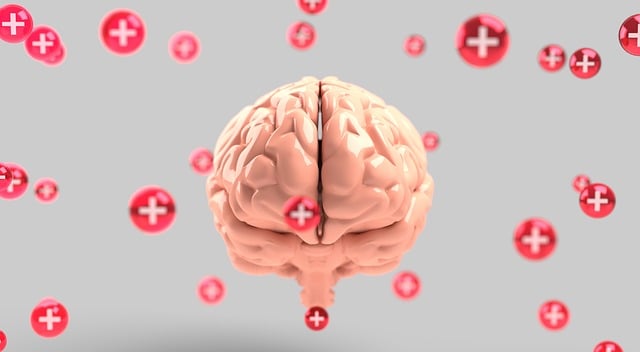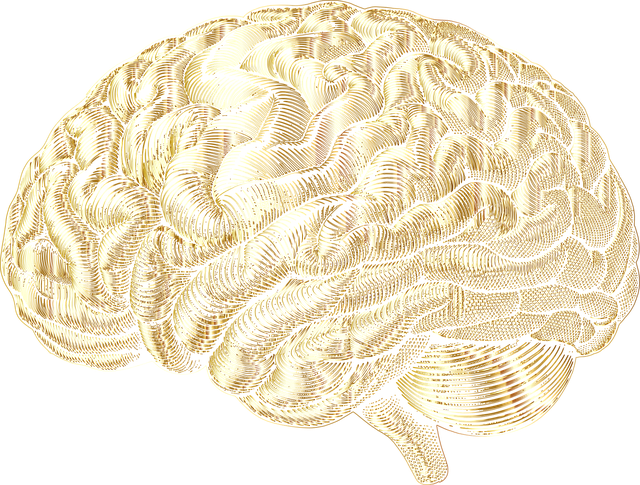Highlands Ranch Learning Disability Therapy (HRLDT) introduces a transformative approach to mental well-being, focusing on building resilience through the RFM framework. This therapeutic model combines memory recall, social engagement, and skill mastery to enhance stress and trauma coping. HRLDT's holistic method includes stigma reduction efforts, empathy-building strategies, and community outreach, empowering individuals with learning disabilities to navigate challenges. By integrating resilience-building exercises into daily routines, both children and adults can improve emotional regulation, adapt to change, and thrive despite adversity, especially within communities addressing learning disabilities.
Resilience is a vital skill for navigating life’s challenges, especially for individuals with learning disabilities. This article explores the power of RFM (Resourceful Focused Therapy) in fostering resilience. We delve into how Highlands Ranch Learning Disability Therapy serves as an innovative case study, demonstrating RFM’s effectiveness in building coping mechanisms. Furthermore, it provides practical exercises to enhance resilience at home and school, offering valuable insights for parents, educators, and therapists.
- Understanding RFM and Its Role in Resilience Building
- Highlands Ranch Learning Disability Therapy: A Case Study
- Practical Exercises to Enhance Resilience at Home and School
Understanding RFM and Its Role in Resilience Building

Resilience is a critical component of mental well-being, enabling individuals to navigate life’s challenges and adapt to change. At Highlands Ranch Learning Disability Therapy, we recognize that building resilience goes beyond coping strategies; it involves fostering a mindset that empowers individuals to thrive despite adversity. Herein lies the significance of RFM (Recall, Face, Mastery), a therapeutic framework designed to enhance resilience by targeting key psychological mechanisms.
RFM draws on the power of memory, social engagement, and achievement to strengthen an individual’s ability to cope with stress and trauma. By encouraging individuals to recall and process past experiences, face challenging emotions, and master new skills, RFM promotes cognitive flexibility and emotional regulation. This approach is particularly valuable in public awareness campaigns for depression prevention, where fostering cultural sensitivity in mental healthcare practice can create inclusive environments that support resilience-building efforts across diverse communities.
Highlands Ranch Learning Disability Therapy: A Case Study

Highlands Ranch Learning Disability Therapy (HRLDT) serves as a compelling example of how targeted interventions can significantly enhance resilience in individuals with learning disabilities. This therapeutic approach goes beyond traditional therapy models by integrating Mental Illness Stigma Reduction Efforts into its core practices, fostering an environment where clients feel understood and empowered. The program’s success lies in its holistic approach, combining Community Outreach Program Implementation with tailored empathy-building strategies.
Through regular sessions, HRLDT helps participants develop coping mechanisms to navigate challenges, thereby strengthening their resilience. By addressing the unique needs of each individual and fostering a supportive community, this therapy model demonstrates that with the right support, individuals with learning disabilities can build mental fortitude and lead fulfilling lives.
Practical Exercises to Enhance Resilience at Home and School

Incorporating resilience building exercises at home and school can significantly bolster both children’s and adults’ mental health awareness and emotional regulation skills. At Highlands Ranch Learning Disability Therapy, we emphasize practical strategies that promote adaptability and recovery from adversity. Simple yet effective techniques like mindful breathing exercises, positive self-talk affirmations, and structured problem-solving routines can empower individuals to navigate challenging situations with greater ease.
These exercises are designed to enhance resilience by fostering a growth mindset, encouraging active coping mechanisms, and teaching emotional intelligence. By integrating these practices into daily routines, individuals—especially those in communities grappling with learning disabilities—can develop the mental fortitude necessary to overcome obstacles, embrace change, and thrive amidst adversity.
Resilience is a vital skill for individuals with learning disabilities, and tools like RFM offer a structured approach to building this strength. As demonstrated in the case study of Highlands Ranch Learning Disability Therapy, integrating resilience-focused exercises into therapy sessions can significantly enhance a client’s coping mechanisms. By adopting practical strategies at home and school, caregivers and educators can empower students to navigate challenges more effectively. This article has provided an overview of RFM and its potential, encouraging further exploration and implementation of these techniques to foster resilience in various settings.














